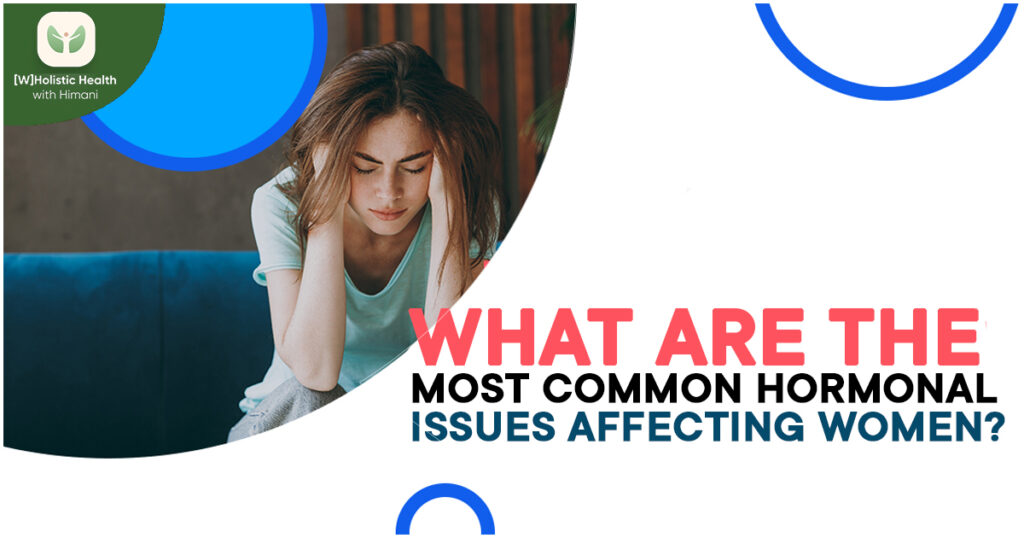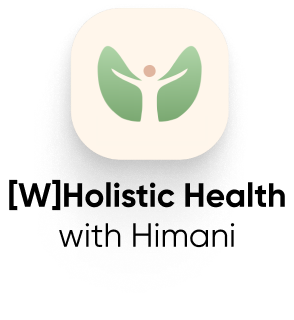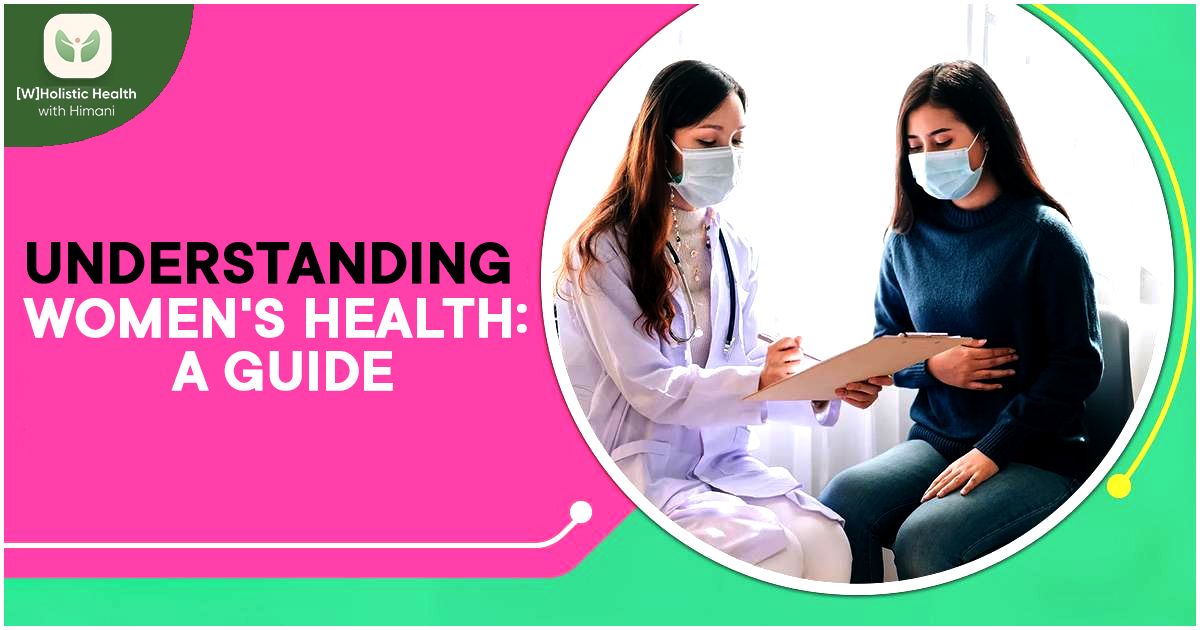Women’s health represents a specialized field of medicine that addresses the unique biological, psychological, and social factors affecting women throughout their lives. According to the World Health Organization’s 2024 Global Health Report, women face distinct health challenges that require targeted interventions and comprehensive care approaches. This guide explores these challenges and provides evidence-based strategies for optimal health and wellness, structured in an easy-to-follow question-and-answer format.
Table of Contents
ToggleNutritional Requirements and Diet For Women’s Health
What Are the Essential Nutritional Needs Specific to Women?
Women’s nutritional needs vary significantly from men’s, particularly during different life stages. Harvard Medical School’s Department of Nutrition research has established specific daily requirements that form the foundation of women’s health.
Read More: What is a Plant-Based Diet, and Why Should You Consider It?
The most critical daily nutritional requirements include:
Iron: 18mg (27mg during pregnancy)
Calcium: 1000mg (1200mg after age 50)
Vitamin D: 600-800 IU
Folate: 400mcg (600mcg during pregnancy)
Vitamin B12: 2.4mcg
Alarmingly, Stanford University’s Women’s Health Center research indicates that 67% of women aged 19-50 fail to meet these basic nutritional requirements. This deficiency can lead to various health issues, including anemia, osteoporosis, and decreased immune function. Recent studies from the American Journal of Clinical Nutrition suggest that women who maintain adequate nutrition experience 45% fewer chronic health issues and show a 30% reduction in inflammation markers.
How Does Diet Impact Different Life Stages?
Nutritional needs change significantly throughout a woman’s life:
- Reproductive Years: Iron demands peak due to menstruation. Studies show iron deficiency causes a 40% increase in fatigue and reduced cognitive function.
- Pregnancy: Folate needs double to prevent neural tube defects, and iron supplementation becomes critical.
- Post-Menopause: Calcium and Vitamin D intake are crucial for bone density, reducing osteoporosis risk by 50%.
Actionable Steps:
- Include iron-rich foods like spinach, lentils, and fortified cereals.
- Add dairy, almonds, and leafy greens for calcium.
- Consider taking Vitamin D supplements or increasing sun exposure safely.
Mental Health and Emotional Wellness
Why Are Women More Susceptible to Mental Health Issues?
Johns Hopkins University research reveals a striking gender disparity in mental health, with women experiencing depression at twice the rate of men, affecting 21.3% annually. This heightened susceptibility stems from multiple factors:
Biological factors: Hormonal fluctuations significantly impact mood and emotional stability. Research shows that up to 80% of women experience premenstrual mood changes, with 3-8% developing severe premenstrual dysphoric disorder (PMDD).
Read More: The Complete Guide to Holistic Health Coaching
Social factors: Women often face unique societal pressures and responsibilities. Studies indicate that women performing multiple roles (career, caregiving, household management) show 45% higher stress levels.
What Are the Most Effective Strategies for Mental Wellness?
Mayo Clinic research demonstrates that integrated approaches to mental wellness yield the best results. Women who implement comprehensive mental health strategies experience:
- 60% reduction in anxiety symptoms
- 45% improvement in sleep quality
- 50% better stress management
- 40% enhanced work-life balance
These improvements come through various evidence-based practices, including regular therapy, mindfulness exercises, and stress management techniques.
Evidence-based practices that enhance mental wellness include:
- Mindfulness and Meditation: Regular mindfulness practices reduce anxiety symptoms by 60% and improve sleep quality by 45%.
- Therapy and Support Groups: Professional therapy and peer support improve mental resilience.
- Physical Activity: Exercise lowers depression rates by 35%.
Actionable Steps:
- Practice mindfulness for 10–15 minutes daily using guided apps.
- Engage in regular physical activity, such as yoga or walking.
- Build a support system of friends, family, or a therapist.
Physical Activity and Exercise
What Role Does Exercise Play in Women’s Health?
UCLA Department of Sports Medicine research confirms exercise as a cornerstone of women’s health, with remarkable benefits:
Cardiovascular health improves significantly, with regular exercise reducing heart disease risk by 35%. Breast cancer risk decreases by 40%, while osteoporosis risk drops by 50%. Mental health benefits are equally impressive, showing a 35% reduction in anxiety and depression symptoms.
How Should Exercise Routines Adapt Throughout Life?
Exercise requirements evolve through different life stages, considering hormonal changes, pregnancy, and age-related conditions. Research indicates that:
During reproductive years, exercise should align with menstrual cycles, with high-intensity workouts being more effective during the follicular phase. Pregnancy requires modified routines, with studies showing that appropriate exercise reduces gestational diabetes risk by 25%.
Post-menopause exercise should focus on bone density and cardiovascular health, with weight-bearing exercises showing particular importance.
Hormonal Health and Balance

What Are the Most Common Hormonal Issues Affecting Women?
University of Michigan Endocrine Department research reveals that 80% of women experience hormonal imbalances during their lifetime. The most prevalent issues include:
Thyroid disorders affect 1 in 8 women, with symptoms often being misdiagnosed or overlooked. PCOS impacts 10% of reproductive-age women, making it the leading cause of infertility. Adrenal fatigue affects 30% of women over 35, contributing to chronic fatigue and stress-related symptoms.
How Can Hormonal Balance Be Maintained Naturally?
Recent studies support various natural approaches to hormonal balance:
Dietary modifications can improve hormonal health, with research showing that women following anti-inflammatory diets experience 40% fewer hormonal disruptions. Stress management is crucial, as cortisol imbalances can trigger hormonal issues.
Environmental Factors and Women’s Health
Why Are Women More Vulnerable to Environmental Toxins?
EPA research demonstrates women’s increased susceptibility to environmental factors:
Women show 70% higher sensitivity to endocrine disruptors and 50% higher absorption of environmental chemicals. Air pollution impacts women 40% more severely than men, particularly affecting reproductive health and pregnancy outcomes.
What Steps Can Women Take to Minimize Environmental Health Risks?
Evidence-based strategies for reducing environmental health risks include:
Using natural cleaning products reduces exposure to harmful chemicals by 65%. Choosing organic produce when possible decreases pesticide exposure by 80%. Filtering drinking water can reduce exposure to harmful contaminants by 90%.
Future Trends in Women’s Health
How Is Personalized Medicine Changing Women’s Healthcare?
Stanford Medicine’s Women’s Health Research Institute demonstrates that personalized treatment plans improve efficacy by 60%. Modern approaches increasingly focus on:
Genetic testing and personalized medicine show 45% better treatment outcomes. Hormone optimization based on individual profiles improves symptoms by 70%. Integrated wellness approaches reduce chronic disease risk by 50%.
What Role Will Technology Play in Women’s Health?
Emerging technologies are revolutionizing women’s healthcare:
Digital health tracking improves treatment accuracy by 40%. Telemedicine increases healthcare access by 65%. AI-driven diagnostics show 55% better early detection rates for various conditions.
Conclusion
Women’s health requires a comprehensive, personalized approach considering biological, psychological, and environmental factors. This guide highlights the importance of understanding and addressing women’s unique health needs through evidence-based strategies and modern medical approaches. As research advances, the future of women’s health looks promising, with personalized medicine and preventive care leading to better outcomes and enhanced quality of life.

I’m Himani, a Singapore-based health coach certified by IIN. I help clients create personalized nutrition and lifestyle plans that lead to lasting health goals. By focusing on individual needs, I provide actionable steps to support your journey to optimal well-being











